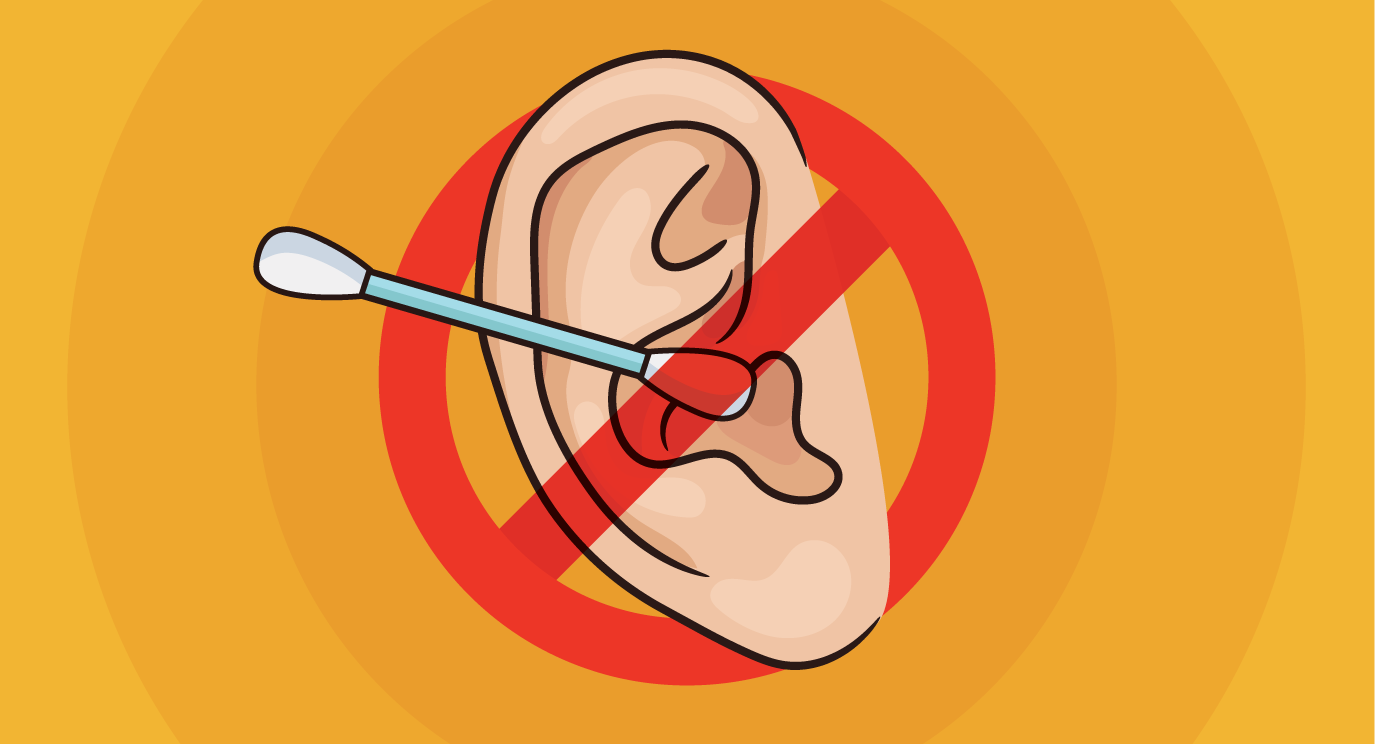- Diseases
- Acoustic Neuroma (16)
- Adrenal Gland Tumor (24)
- Anal Cancer (70)
- Anemia (2)
- Appendix Cancer (18)
- Bile Duct Cancer (26)
- Bladder Cancer (74)
- Brain Metastases (28)
- Brain Tumor (234)
- Breast Cancer (724)
- Breast Implant-Associated Anaplastic Large Cell Lymphoma (2)
- Cancer of Unknown Primary (4)
- Carcinoid Tumor (8)
- Cervical Cancer (164)
- Colon Cancer (168)
- Colorectal Cancer (118)
- Endocrine Tumor (4)
- Esophageal Cancer (44)
- Eye Cancer (36)
- Fallopian Tube Cancer (8)
- Germ Cell Tumor (4)
- Gestational Trophoblastic Disease (2)
- Head and Neck Cancer (14)
- Kidney Cancer (130)
- Leukemia (342)
- Liver Cancer (50)
- Lung Cancer (286)
- Lymphoma (278)
- Mesothelioma (14)
- Metastasis (30)
- Multiple Myeloma (100)
- Myelodysplastic Syndrome (60)
- Myeloproliferative Neoplasm (6)
- Neuroendocrine Tumors (16)
- Oral Cancer (102)
- Ovarian Cancer (176)
- Pancreatic Cancer (160)
- Parathyroid Disease (2)
- Penile Cancer (14)
- Pituitary Tumor (6)
- Prostate Cancer (150)
- Rectal Cancer (58)
- Renal Medullary Carcinoma (6)
- Salivary Gland Cancer (14)
- Sarcoma (238)
- Skin Cancer (300)
- Skull Base Tumors (56)
- Spinal Tumor (12)
- Stomach Cancer (66)
- Testicular Cancer (28)
- Throat Cancer (92)
- Thymoma (6)
- Thyroid Cancer (100)
- Tonsil Cancer (30)
- Uterine Cancer (86)
- Vaginal Cancer (18)
- Vulvar Cancer (22)
- Cancer Topic
- Adolescent and Young Adult Cancer Issues (22)
- Advance Care Planning (12)
- Biostatistics (2)
- Blood Donation (18)
- Bone Health (8)
- COVID-19 (360)
- Cancer Recurrence (120)
- Childhood Cancer Issues (120)
- Clinical Trials (628)
- Complementary Integrative Medicine (22)
- Cytogenetics (2)
- DNA Methylation (4)
- Diagnosis (238)
- Epigenetics (6)
- Fertility (62)
- Follow-up Guidelines (2)
- Health Disparities (14)
- Hereditary Cancer Syndromes (128)
- Immunology (18)
- Li-Fraumeni Syndrome (8)
- Mental Health (120)
- Molecular Diagnostics (8)
- Pain Management (62)
- Palliative Care (8)
- Pathology (10)
- Physical Therapy (18)
- Pregnancy (18)
- Prevention (936)
- Research (390)
- Second Opinion (78)
- Sexuality (16)
- Side Effects (616)
- Sleep Disorders (10)
- Stem Cell Transplantation Cellular Therapy (216)
- Support (408)
- Survivorship (328)
- Symptoms (182)
- Treatment (1788)
4 tips to avoid sugar spikes
4 minute read | Published February 14, 2022
Medically Reviewed | Last reviewed by an MD Anderson Cancer Center medical professional on February 14, 2022
Last updated Oct. 4, 2023.
Your body works hard to keep the sugar in your blood at a safe level. As soon as you eat that cookie or bowl of pasta, your pancreas starts putting out the hormone insulin to process the sugar you’ve taken in.
Too much sugar in your blood makes it thick and syrupy, which is not good. Imagine how much extra work that is for your heart as it tries to pump goopy blood around your body.
In the short term, a spike in your blood sugar will cause a sugar rush, followed by a sugar crash, with all the cravings and lethargy that go along with that.
In the long term, repeated spikes in your blood sugar can cause heart problems, kidney problems, problems with eyesight, and nerve issues like neuropathy, where you lose feeling in fingers and toes.
“When consuming too much sugar, calories will add up and your body will need more insulin to break down all the sugar. After a period of time, the pancreas will not be able to keep up with the production and may cause insulin resistance, prediabetes, Type 2 diabetes and some heart related issues,” says dietitian Sheila Vo. “As you are increasing sugar intake and caloric intake, excess will result in weight gain and also contributes to many other health issues such as high blood pressure, high cholesterol and obesity.”
Here are four things Vo wants you to know about keeping your blood sugar in check.
1. There are specific measures for fasting blood sugar. “Fasting blood sugar should be 99 mg/dL,” says Vo, citing recommendations from the Centers for Disease Control and Prevention (CDC). “Another measure we use is called A1C, which measures average blood sugar over three months. Your A1C level should be no more than 5.7%.” Both of these measures are gathered by a blood test.

2. Complex carbohydrates help control blood sugar. Every food you eat is turned to sugar – it’s the main energy source for your body. But for some foods, this process takes longer, which gives your body more time to deal with the sugar. This is why brown rice, whole wheat pasta and whole wheat bread are healthier for you. The extra fiber slows down digestion, helps you avoid a sugar spike and makes you feel full for longer. The refined white versions will strain your pancreas and likely make you want to eat more.
“Elevation in insulin levels increases your hunger sensation, so after an episode of sugar spike, you will crave more sugar or food,” explains Vo. “Insulin works in stimulating the appetite control in your brain. The effect is a vicious cycle and in order to break it, diet modification and exercise is needed.”
Other simple swaps are switching from fruit juice to eating whole fruit or switching out sugary jelly for sugar-free peanut butter on your toast.
3. Exercise helps your body regulate blood sugar. Regular light to moderate exercise improves how your body uses insulin, so you don’t need as much to keep blood sugar at a healthy level.
“Exercise will increase insulin sensitivity and your muscles will be able to use up the insulin more efficiently to break down glucose in your body. When this happens, blood sugar can decrease and you may also lower the need for medications,” says Vo.
Adults should do at least 150 minutes of moderate or 75 minutes of vigorous exercise each week. If you are concerned about blood sugar levels, stick to moderate exercise as vigorous exercise will release adrenalin and raise your blood sugar.
4. Managing stress can help avoid blood sugar spikes. It’s well known that stress negatively affects our bodies. One of the reasons is that it knocks our hormones out of balance. When we are in a moment of stress, the hormones adrenalin and cortisol are released, and our blood sugar rises to give us energy to deal with the immediate threat. This is helpful initially, but if you are under chronic stress, it’s a problem.
“It can be so hard balancing work and family, and the pandemic has increased stress for so many people,” says Vo. “When we struggle to balance our lives, our body struggles to balance our sugar levels, hormone levels and many other aspects of our system.”
Lack of sleep will also affect your body’s ability to use insulin to keep blood sugar down.
“This is why it’s important to focus on your lifestyle,” says Vo. “Try new healthy foods, exercise, prioritize sleep as much as you can, all this will help your body manage your sugar levels and keep you healthy overall.”
Request an appointment at MD Anderson online or by calling 1-877-632-6789.

Exercise helps with insulin uptake so that you require less insulin.
Sheila Vo
Dietitian





